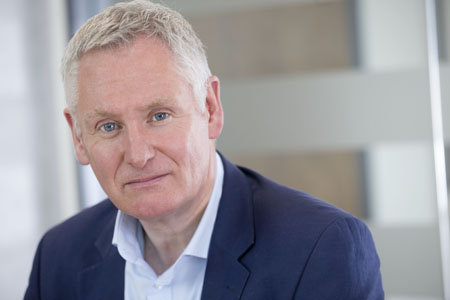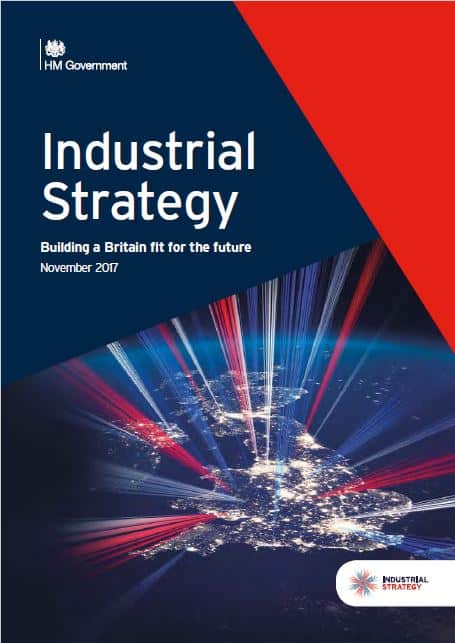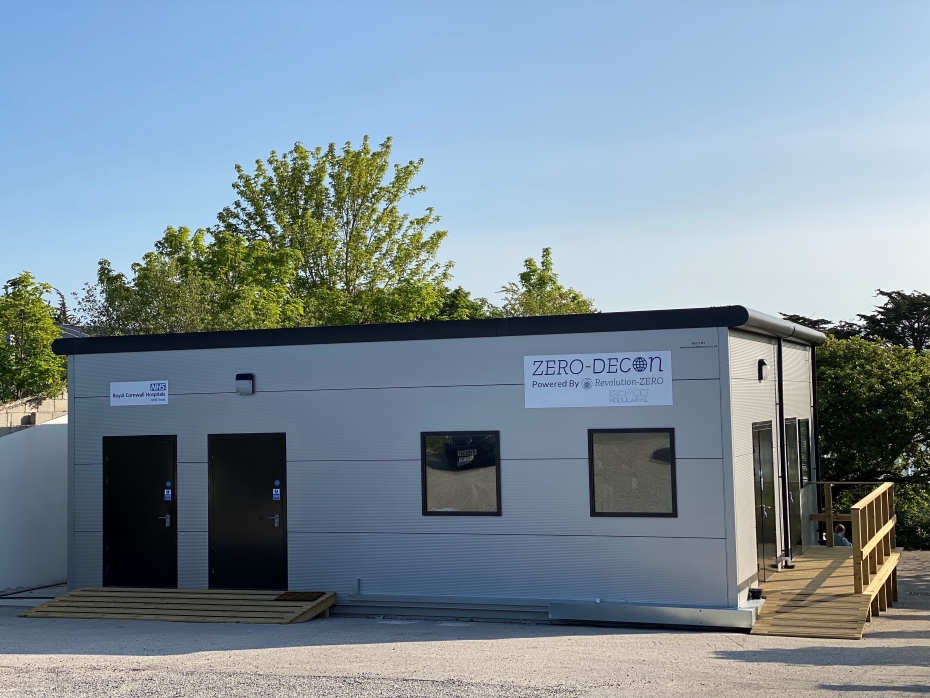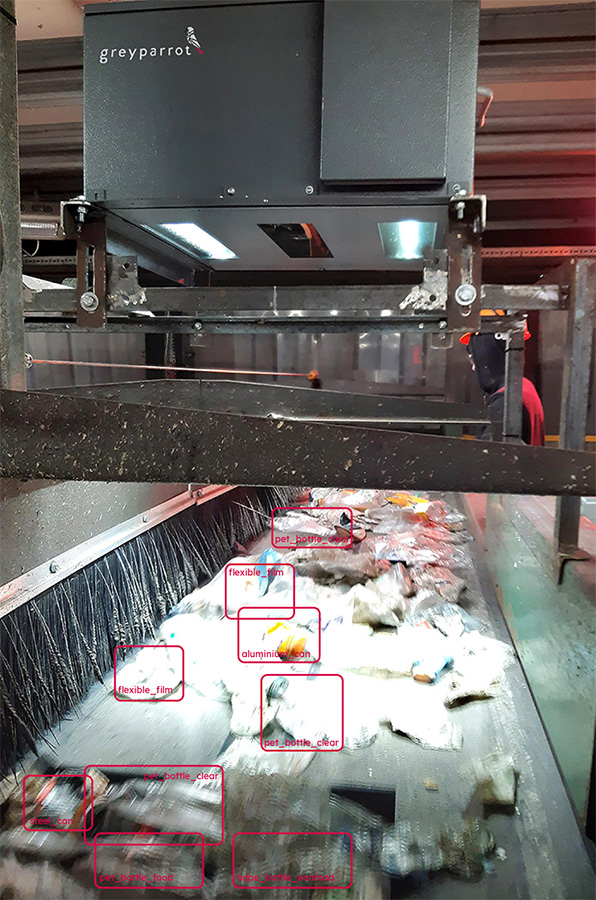The work is being overseen by a new body, the UK Resources Council, which is chaired by Suez UK chief executive David Palmer-Jones, and is supported by the Environmental Services Association (ESA).

Council members have been drawn from across the waste and recycling sectors, as well as individuals from the Environment Agency, the manufacturing industry and local government.
In its 2017 Industrial Strategy, government signalled its commitment to work with key industries on a series of ‘Sector Deal’ partnerships which would lay out long term plans for investment and policy in particular business areas.
To date, government has agreed deals with the rail sector, as well as in life sciences, automotive, construction and artificial intelligence sectors.
Framework
It is hoped that agreeing a Sector Deal for Resources could provide a long-term framework for businesses handling waste, as well as in the wider economy, and build on the government’s Resources and Waste Strategy, which was published in December.

Benefits of the Deal would be that it would enhance the status of the waste, recycling and resources sector as well as potentially providing access to wider sources of funding for innovation and infrastructure development.
Speaking to letsrecycle.com, on how the work of the Resources Council could shape a Sector Deal, ESA executive director Jacob Hayler, said: “The [Resources & Waste] strategy does contain a number of very helpful proposals for near-term interventions and it also has some very aspirational long term objectives and targets. But what we really need – and this is the gap we are hoping the Resources Council will fill – is a route map to achieving some of those longer term, more aspirational aims.
“It is building on what is in the strategy and going beyond it. A lot of what Defra looks at is how we can solve our waste management issues using existing technology. A lot of what the Resources Council will do is looking at future technology: how can we bring forward innovative techniques of the future to make even better use of our resources and drive even greater value out of our waste.”
Industry
Among the key areas of work from the Resources Council will be understanding the likely material and energy requirements for end users in the future – aligned with the aims of the government’s Industrial Strategy – and how the resources sector can meet these requirements.
The Council’s chairman, Mr Palmer-Jones, said that the Resources and Waste Strategy is evidence that policymakers are ‘moving away from seeing waste as waste’ – and that the development of a Sector Deal would help to build on momentum from the Strategy.

He said: “We need to leverage this very positive view of the world and start now because we know that the time lag to make some of these more radical transformations – for example looking at chemical recycling – takes a lot longer.
“We believe we need to start now, put the roadmap in place, and work alongside Defra and BEIS to get a Sector Deal which recognises our industry as a sector – which I think is a very important position to have, and that allows a legitimacy of our dialogue with government as we work together to do something together for the UK.“
Work of the Council will be divided into four sub-streams, each of which will lead to the development of a chapter for a Sector Deal. These will be developed by working groups overseen by chairs and coordinators from within the industry.
Workstreams on data and design, infrastructure, place and people have been set up, each of which will bring forward finalised proposals in their area by the end of 2019.
“A lot of what the Resources Council will do is looking at future technology: how can we bring forward innovative techniques of the future to make even better use of our resources and drive even greater value out of our waste.”
Jacob Hayler
ESA
Mr Palmer-Jones added that the Council had been designed to be inclusive of organisations and individuals ‘across the supply chain’ reflecting the changing nature of the discussion of future policy around waste.
He said: “You look at the ambition of Defra and it is going from end-of-pipe – to a shift towards a value chain approach where we are tackling the sources of waste. That’s why the compisiton of the Council is much wider than the waste industry.
“This is something that I am very keen on, I think it is very important to be inclusive. We will be calling out from a wider range of stakeholders for more evidence, opinion and ideas from people that we need to listen to.”
Mr Hayler, added: “Sometimes it is difficult for us to define ourselves as a sector as we have so many moving parts, we have the end users, the end markets that we are trying to develop, we have waste producers and design, that all influences the materials that flow through us, as well as our bits of the sector in the middle as well.
“The Council is there to tie all of those interests together and provide a coordinating overview so that we can work with other stakeholders to build a sector deal that can feed into BEIS.”












Subscribe for free